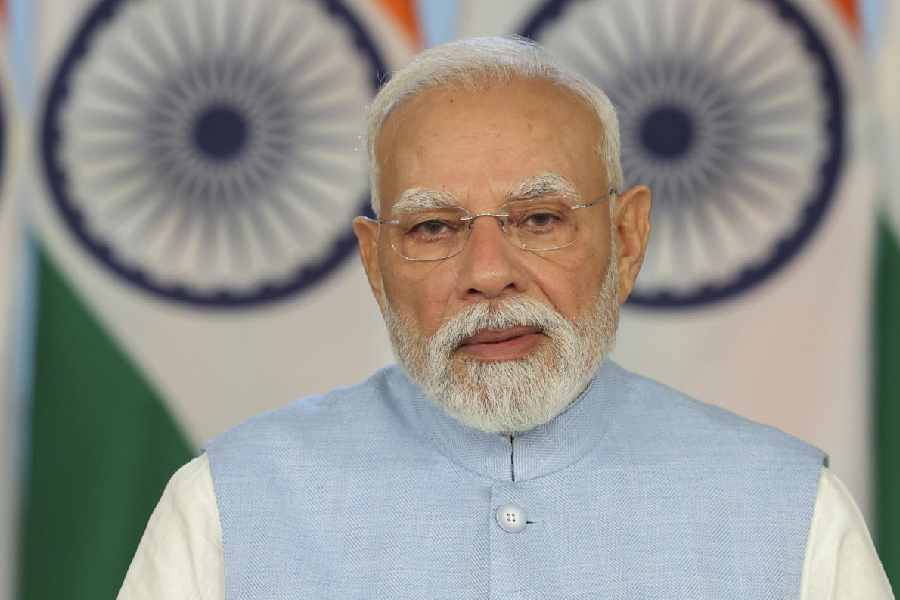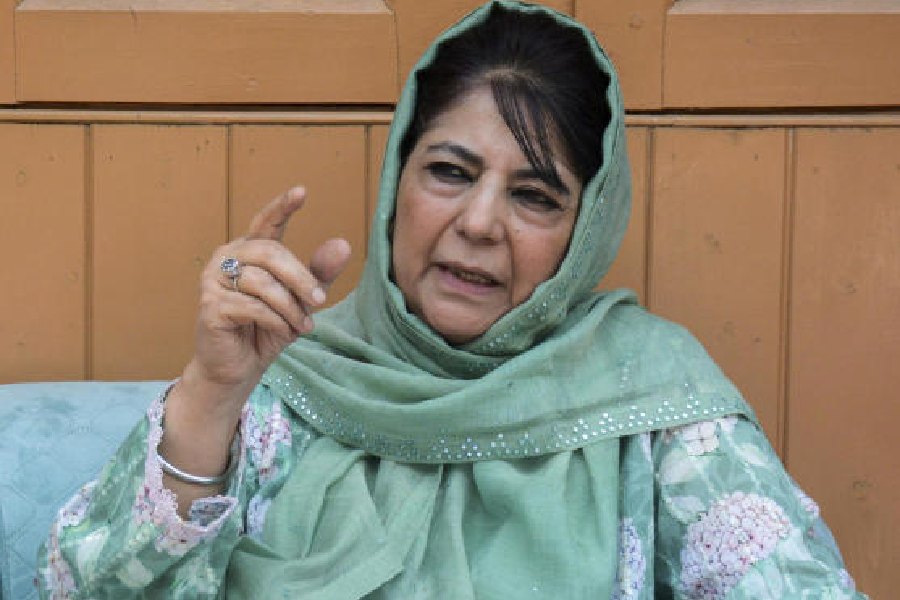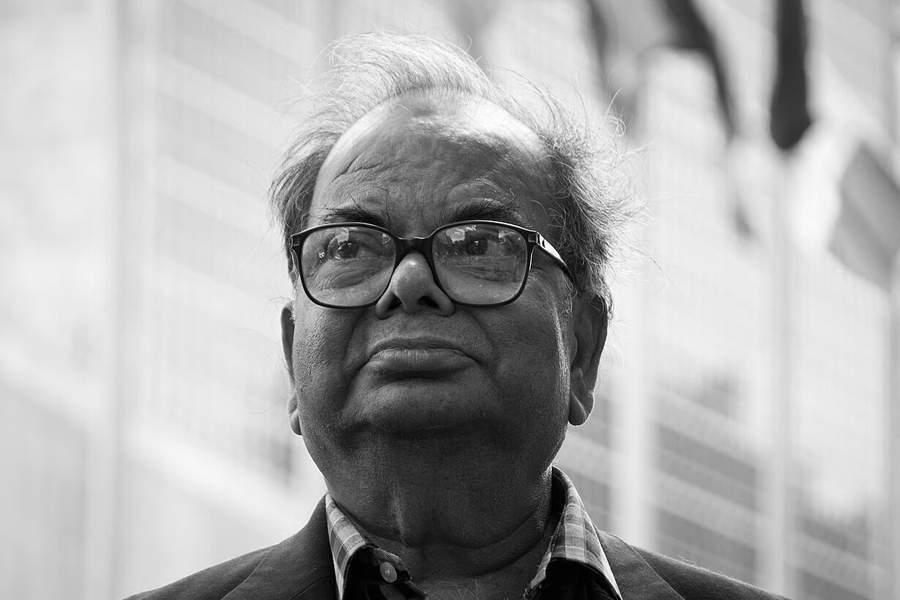Just weeks before Nepal erupted in flames this month, India had invited the Nepali Prime Minister to New Delhi on a state visit, partly to smooth over testy ties between the South Asian neighbours.
The Prime Minister, K.P. Sharma Oli, never got the chance. He was forced to resign earlier this month as sudden protests engulfed the Himalayan nation, fuelled by a groundswell of anger among young people at corruption, elitism and widening inequality.
A similar uprising in Bangladesh last year upended the authoritarian government of Sheikh Hasina. And in 2022, protests in Sri Lanka over a tanking economy forced out a President who was a member of a political dynasty many Sri Lankans saw as brazenly corrupt.
Such instability across South Asia distracts India from focusing on its ambition to be a global superpower. But India cannot leave things unattended in its own backyard. It already faces accusations from its smaller and poorer neighbours that it switches between ignoring them and bullying them, postures driven by self-interest rather than helping their development.
Neighbours such as Nepal have occasionally found themselves depending on India for humanitarian assistance and their economic stability, while chafing at its meddling in their domestic affairs.
Letting power vacuums develop in adjoining countries or failing to show leadership only risks further harm to India’s interests, analysts said. It also emboldens China, which is edging its way into India’s traditional sphere of influence, from the Himalayas to the Indian Ocean, by providing India’s neighbours with funding for energy, construction and other infrastructure projects.
India “can’t afford to be complacent and conclude that neighbours’ negative sentiment towards India is neutralised by their need for Indian support”, said Michael Kugelman, a South Asia analyst and senior fellow at the Asia Pacific Foundation of Canada. “The risk for India is that the region’s churn will produce new leaders, or give more space to political actors hostile to Indian interests.”
India has always recognised the importance of nurturing economic ties with partners with whom its history and culture are deeply entwined. “Neighbourhood First” is a chapter in its foreign policy playbook. South Asia — which includes Nepal, Sri Lanka, Bangladesh, Bhutan, Pakistan and the Maldives — is home to a quarter of the world’s people and has its largest youth population. Increasingly, India’s regional diplomacy is being driven by its rivalry with China as both vie to become leaders of the Global South.
India’s value proposition to its neighbours is that the “Indian economy is growing fast and you, too, can grow along with us by partnering with India”, said Gautam Bambawale, a former ambassador of India to China.
But India’s neighbours have not always made it easy. It already has a hostile neighbour, Pakistan, to its west. To its east lies Bangladesh, a country of 170 million that has sheltered anti-India insurgents, and which has a longstanding conflict with India about undocumented migrants crossing their shared 4,023km border. Sri Lanka, to its south, invited China to finance a port along a strategic waterway, just a few hundred miles from Indian shores, threatening India’s national security.
India has also upset some of its neighbours by putting its weight behind certain political players and refusing to recalibrate when they become unpopular. Relations with Bangladesh have deteriorated in the past year after Hasina was ousted by a popular uprising and fled to India.
Bangladesh has begun wooing China under the leadership of Muhammad Yunus, who visited the country in March and signed several trade agreements.
The staunch Hindu nationalism of Modi, combined with India's regional dominance and a jingoistic domestic media, can alienate other religious groups in neighbouring countries, said Husain Haqqani, a former ambassador of Pakistan to the US.
"Hindutva may be a unifier for Hindu-majority India but it does not help win over Muslims in Bangladesh or Maldives and Buddhists in Sri Lanka," said Haqqani.
New York Times News Service










